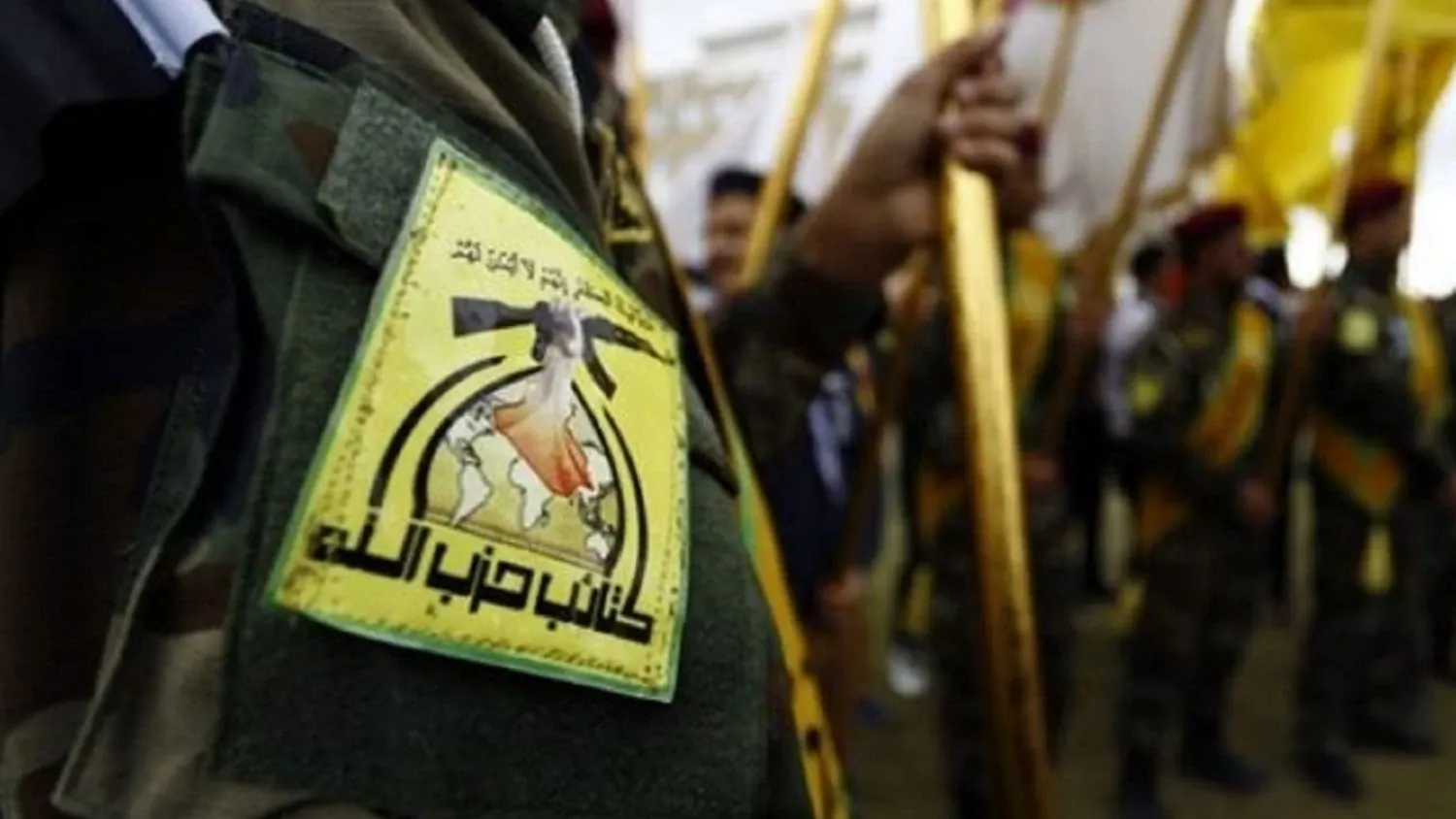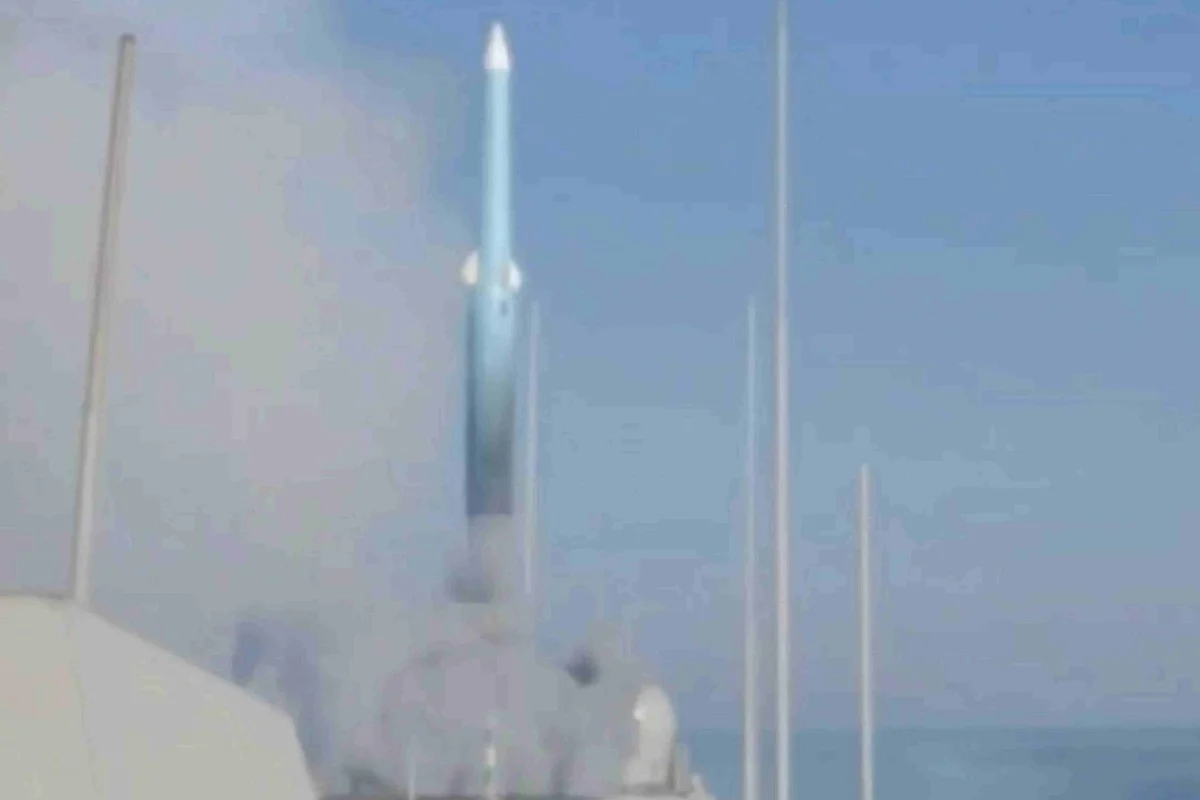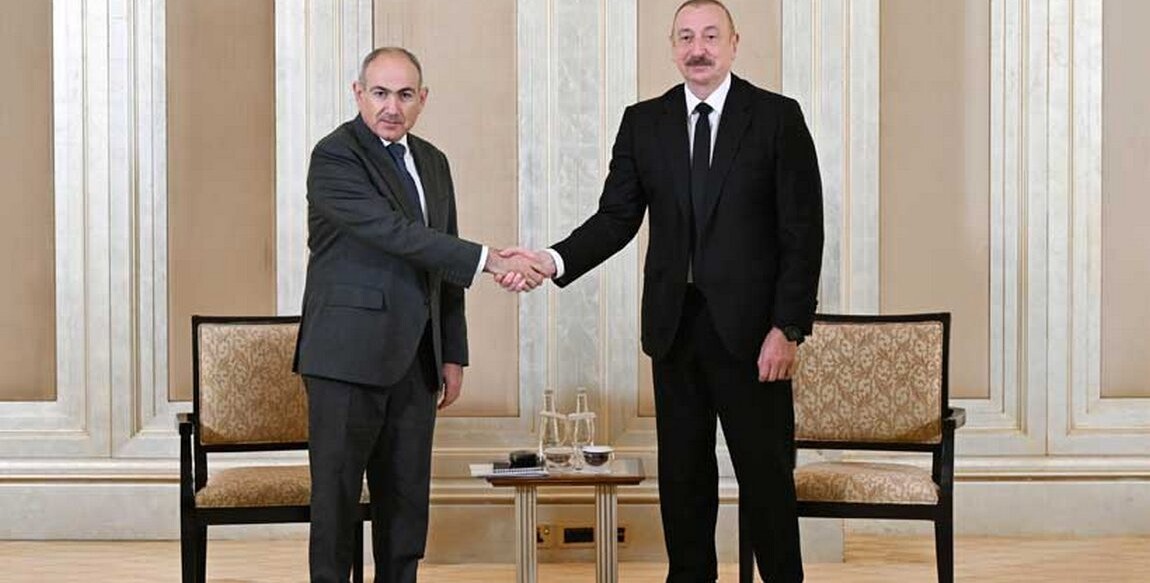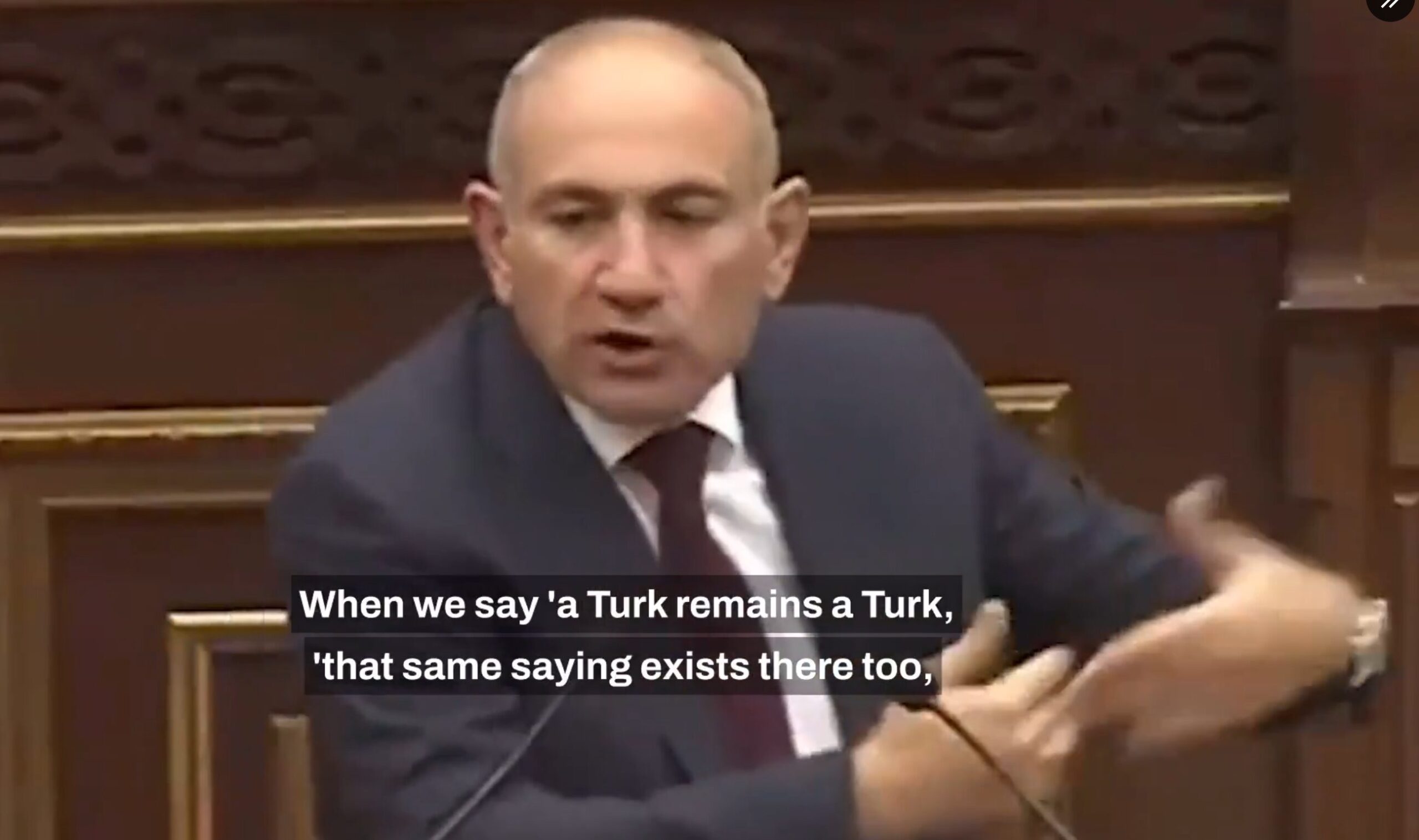After a pause extending to February 4th, US forces in Iraq and Syria have come under attack again, with rockets fired out of northern Iraq hitting a base in Rumalyn, northeast Syria.
Hours before, two suicide drones approached the al-Asad Airbase in western Iraq and were shot down as a precaution. No damages or injuries were reported.
It’s the first instance of attack on US forces in the region since a deadly drone bombing hit the Tower 22 base just across the border in Jordan and killed three US servicemembers. These casualties followed dozens of instances of concussion and other brain injuries from hundreds of drone and rocket attacks which shook US bases following the October 7th Hamas attack and Israel’s subsequent Israel’s genocide-plausible actions in Gaza.
The attacks were attributed to an umbrella organization called Islamic Resistance in Iraq, under which several militia factions like the Popular Mobilization Forces, themselves something of an umbrella, and Kataib Hezbollah, who between them made up most of the ground forces during the campaign to oust the Islamic State from Mosul.
In response, the US launched airstrikes against several targets, and the attacks ceased until Monday.
The attacks came in conjunction with the visit of Turkiye President Recep Erdogan to Baghdad for high-level talks with Iraqi Prime Minister Mohammad Shia al-Sudani.
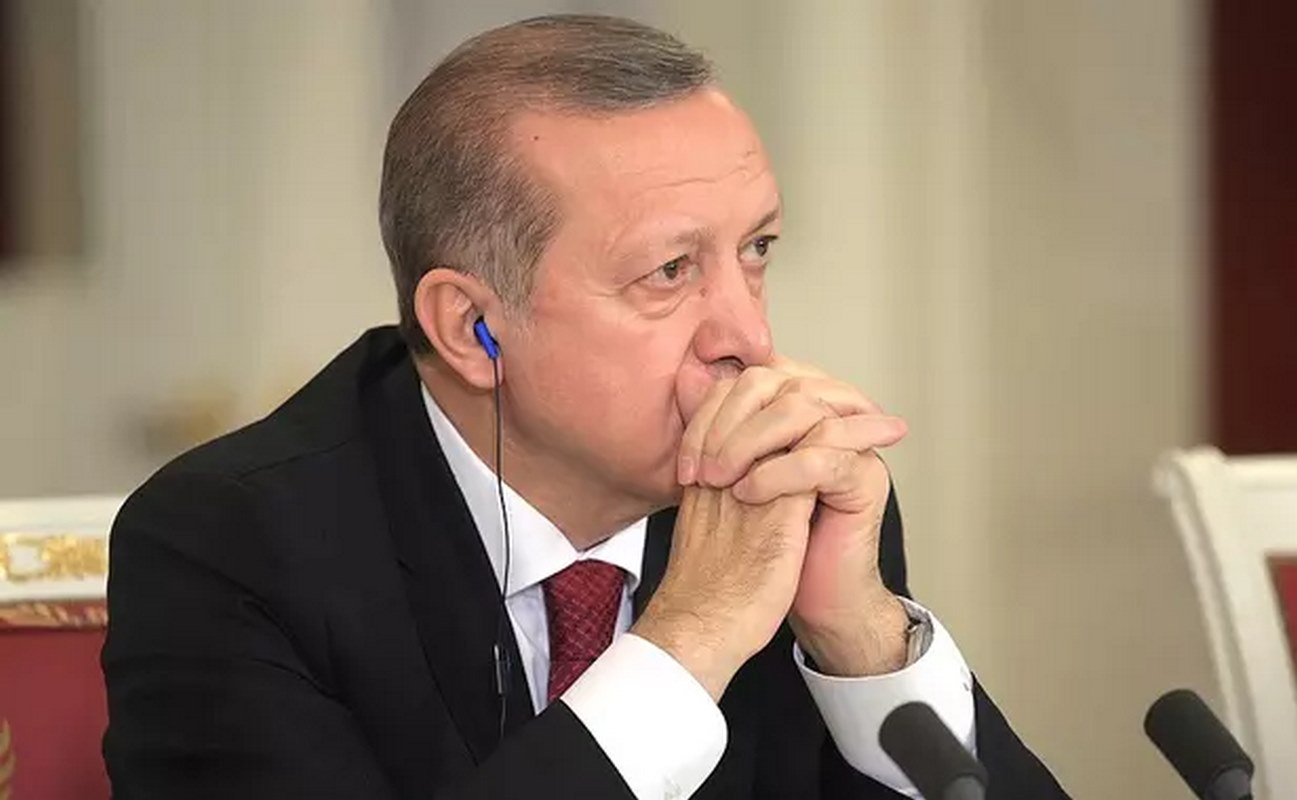
A turning point
“For the first time, we find that there is a real desire on the part of each country to move toward solutions,” al-Sudani said during a recent event at the Atlantic Council in Washington, DC.
Al-Sudani pitched “a new chapter” in US-Iraqi relations that some analysts suspect could involve the removal of the 2,500 US troops from the country. In January, al-Sudani was calling for the withdrawal of US forces following retaliatory bombings of PMF fighters in response to attacks on US bases in Iraq and Syria.
“We are setting the date for the start of the bilateral committee to put arrangements to end the presence of the international coalition forces in Iraq permanently,” the prime minister said in a January statement, translated on Antiwar.
President Erdogan now visits looking to collaborate on the destruction of the Kurdistan Worker’s Party, or the PKK—a group labeled as terrorists by both Turkiye and the US who base themselves in the Kurdistan region of northeastern Iraq.
“I believe that my visit and the agreements just signed will constitute a new turning point in Turkey-Iraq relations,” Erdogan said in a joint news conference with al-Sudani.
Turkiye has for years mounted cross-border attacks on the PKK that have drawn backlash from the Iraqi government, but al-Sudani has indicated now that Iraq is willing to cooperate on military operations against them in the future.
The PM said they had already discussed “bilateral security coordination, which will meet the needs of both parties and confront the challenges posed by the presence of armed elements that may cooperate with terrorism and violate the security of the two countries”.
Other important issues will include dams that Turkiye has built along the Tigris and Euphrates rivers which provide much of Iraq’s fresh water, and handling of economic considerations such as the proposed Iraq Development Road that would run from Basra in the south of Iraq through Turkiye and into Europe, and the compensation for oil delivered to Ankara via a pipeline from the Kurdistan region which the national government doesn’t have control over.
Under control of the local Kurdish government—not related to the PKK—AP reports that an arbitration court ruled that Baghdad was owed $1.5 billion in revenues from the pipeline that neither Ankara nor Erbil, the Kurdish de facto capital, shared with the national government.
Turkiye’s influence in the region is rather unique. A NATO member, Ankara pursues a security agenda that has seen it steer clear of almost all major conflicts in the Middle East since the September 11th attacks. It neither interferes with Russian attempts to influence the region, nor overtly contributes to either containing Iran or aiding her. Erdogan’s rhetoric against Israel’s genocide-plausible actions in Gaza has been more inflammatory than potentially any other regional figure, yet Ankara has done little to support the Palestinians, as well as potentially nothing at all to support regional proxies that might harm Israel, as Iran is often accused of doing.
A close partnership with Iraq would more strongly position the country as a semi-neutral regional guarantor, and go a long way toward eliminating the primary security concern for Ankara in the form of Kurdish militants. WaL
PICTURED ABOVE: Kataib Hezbollah militia soldiers marching. PC: Kataib Hezbollah
